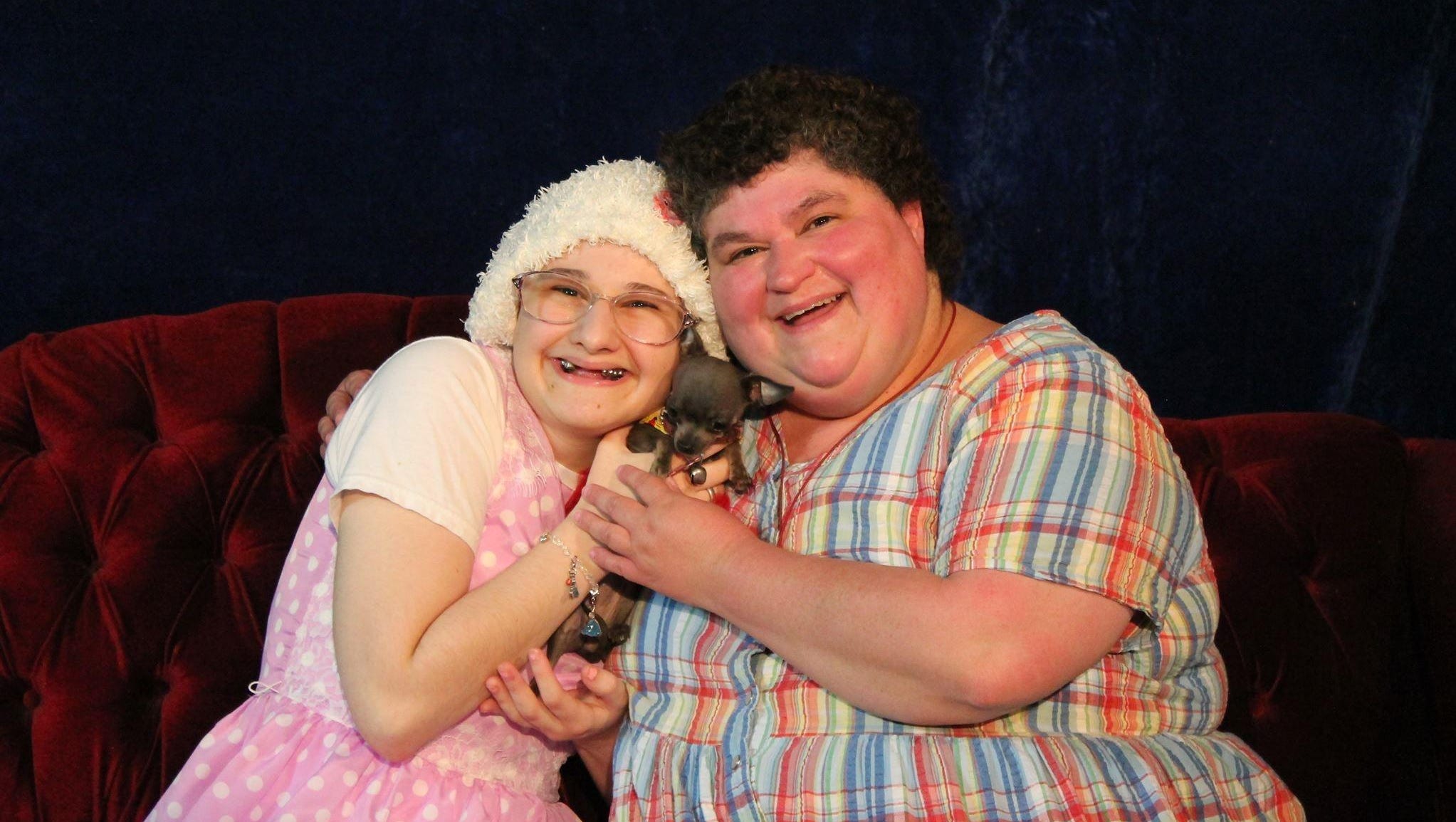
The Dee Dee Blanchard Photos: Uncovering the Heartbreaking Reality
A Mother’s Twisted Love
The tale of Gypsy Rose Blanchard and her mother, Dee Dee, is a chilling and intricate one. Dee Dee, a woman with Munchausen’s Syndrome by Proxy, subjected Gypsy to a lifetime of abuse and deception, convincing her she was gravely ill and dependent on a wheelchair and feeding tube. Gypsy, desperate for freedom, eventually conspired with her boyfriend to end her mother’s reign of terror.
In the aftermath of Dee Dee’s murder, a trove of disturbing photos emerged, providing a glimpse into the twisted and macabre reality they endured. These images ignited a firestorm of controversy, sparking debates about Munchausen’s Syndrome by Proxy, victim blaming, and the complexities of abuse within families.
A Deeper Dive into Munchausen’s Syndrome by Proxy
Munchausen’s Syndrome by Proxy (MSbP) is a mental disorder in which a caregiver, typically a parent, fabricates or induces illness in a child for attention and sympathy. The perpetrator may exaggerate symptoms, administer harmful substances, or even suffocate or poison the child to elicit sympathy and admiration.
MSbP is a severe and often hidden form of child abuse. Victims may suffer physical and emotional trauma, developmental delays, and even death. Diagnosis can be challenging, as perpetrators are skilled at manipulating medical professionals and creating the illusion of genuine illness.
Unveiling the Dee Dee Blanchard Photos
The photos of Dee Dee Blanchard offer a chilling glimpse into the extent of her manipulative behavior. They depict Gypsy as a frail and sickly child, despite the fact that she was later found to be healthy.
One particularly disturbing image shows Gypsy in a hospital bed, her face covered in bruises and cuts. Dee Dee claimed these injuries were the result of a fall, but Gypsy later revealed that her mother had inflicted them to evoke sympathy from medical staff.
The Public’s Reaction: Outrage and Empathy
The release of the Dee Dee Blanchard photos sparked a wave of outrage and disgust among the public. Many expressed disbelief at how Dee Dee could have subjected her own daughter to such cruelty.
However, others expressed empathy for Gypsy, acknowledging the psychological trauma she endured as a victim of MSbP. They argued that the photos should not be used to condemn her, but rather to raise awareness about the insidious nature of the disorder.
The Ethical Dilemma: Privacy vs. Public Interest
The release of the Dee Dee Blanchard photos raised complex ethical questions about privacy and the public’s right to know. Some argued that the photos violated Gypsy’s privacy and could retraumatize her.
Others maintained that the public had a right to witness the extent of Dee Dee’s cruelty and to understand the horrors of MSbP. They argued that the photos could serve as a cautionary tale and help prevent others from becoming victims.
Gypsy Rose Blanchard’s Journey to Recovery
Following her mother’s murder, Gypsy Rose Blanchard was sentenced to 10 years in prison for her role in Dee Dee’s death. While in prison, she has undergone extensive therapy and has made significant progress in her recovery.
Gypsy has spoken out about her experiences, raising awareness about MSbP and the importance of seeking help if you suspect someone is being abused. She has also expressed remorse for her actions and acknowledged the pain she caused her family.
The Legacy of Dee Dee Blanchard
Dee Dee Blanchard’s legacy is one of cruelty, manipulation, and the devastating impact of Munchausen’s Syndrome by Proxy. Her actions have forever altered the lives of her daughter, Gypsy, and countless others affected by MSbP.
The Dee Dee Blanchard photos serve as a stark reminder of the darkness that can lurk within families and the importance of vigilance in protecting children from abuse. They challenge us to question our assumptions and to confront the uncomfortable realities that exist in our society.
Leave a Reply